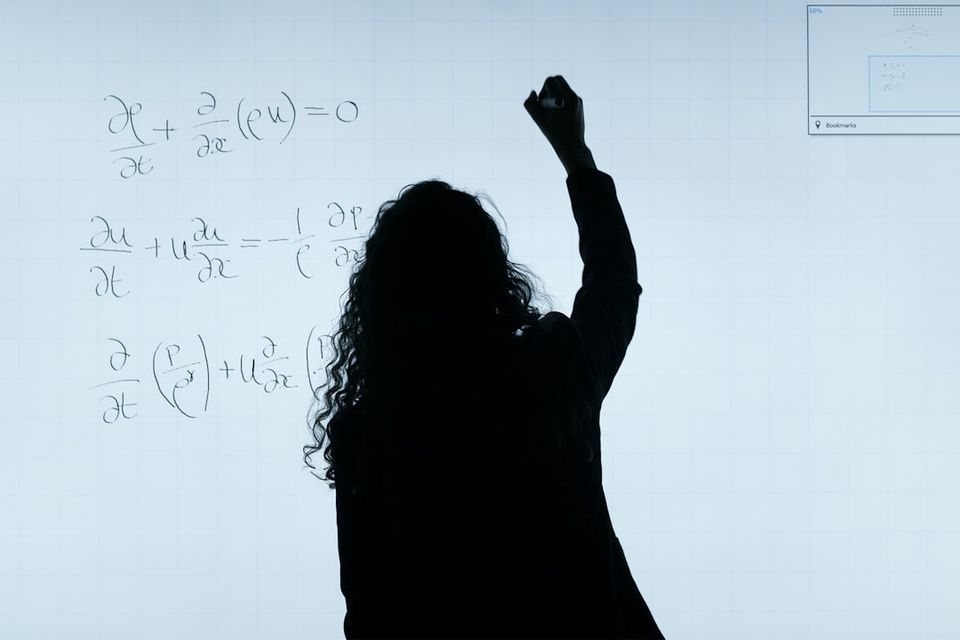Summer has arrived! The season brings popsicles, sunscreen, fireworks, chlorine, mosquitoes, and family road trips. Unfortunately, summer takes something away from your kids, too: a little bit of their math skills. The 12 weeks of summer vacation may be wonderful, but the average student loses about two months of the math schooling he or she learned in the spring. Here are a few fun math drills to keep them refreshed.
Many school districts suggest or even assign math worksheets for students to complete over the summer. Some kids begrudgingly accept these math drills; others resist. Finding ways to keep your children’s skills sharp without the effort seeming like homework, can be a challenge. Innovative iPad-based tutoring programs can help fill the void, as well as fun math drills and games you can try at home or on vacation. Here are some activities that can make summer math feel less like work:
Dollars and Cents
With the proliferation of debit cards, parents don’t carry as much cash as they used to. This summer, make a point of having dollars and plenty of change on hand when you are out and about. Whenever you purchase something small (we don’t suggest this on big purchases …), give some of the money to your child to not only pay but also to come up when the exact amount when doing so. Besides bolstering your child’s math skills, she will gain confidence by being part of a grown-up transaction.
Shopping at Home
Math drills with imaginary money can be just as effective as ones with real cash. Assemble the retail ads you get in the mail or the Sunday newspaper. Instruct your child to pick out five items he could buy if he wanted, then have him tally up the cost. Or, ask your kid to plan a meal for an imaginary party for using just items from the grocery store ads. Give her a limit on how much she can spend, and let her figure out how much of each item she will need and how many people can be fed with the food she wants to buy.
Name Math
Here’s a fun game kids can try with each other’s names. Assign a number for every letter of the alphabet: A=1, B=2, C=3, and so on. Convert the letters of someone’s name into these numbers, then use addition to see who has the highest total. Your kids might be surprised that a friend with a long name won’t necessarily have the biggest number. To shake this game up, assign different numbers to each letter (e.g., A=7, B=18, C=3), or try multiplication instead of addition.
Twenty-One
Many math drills can be gleaned from common card games. Twenty-one or blackjack—without the gambling element, of course—provides not only addition practice for younger kids, but also probability skills for older kids who must decide whether hitting on a 14 is a good idea. Blackjack is great because it doesn’t require a long time commitment: You can play several hands in five minutes for some quick, fun math.
What fun math drills do you use keep your child’s math skills sharp during the summer?



